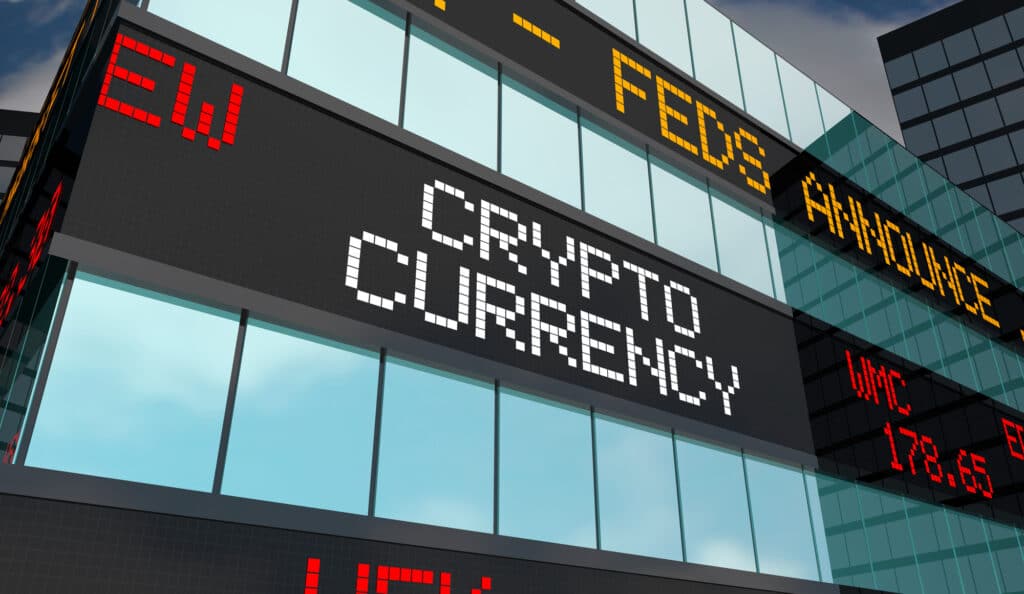What is the best DEX Definition? DEX means Decentralized exchanges, which are peer-to-peer platforms. In these platforms, cryptocurrency investors can make instantaneous transactions without entrusting their funds to a middleman or custodian. Peer-to-peer (P2P) refers to a market that connects cryptocurrency buyers and sellers.
Customers have complete control over their wallet's keys These keys are private and secret. Moreover, a secret success is the type of advanced encryption that allows clients to access their cryptocurrency.
After login into the DEX with their private key, users can immediately access their crypto assets. Innovations from the sector and the liquidity-related issues attracted more customers to the DeFi.
DEX aggregators and wallet plugins aided the development of decentralized structures. While also charging a larger fee to customers by maximizing coin prices, switch charges, and slippage.

What is DEX definition?
To allow investors to place orders without the use of an intermediary, decentralized exchanges rely on smart contracts. Centralized exchanges, on the other hand, are operated by a centralized organization. It includes a company that is involved in profit-making economic services.
They have regulated businesses that custody of consumers' price ranges. They also provide easy-to-use platforms for beginners and centralized exchanges. It contributes to the vast bulk of buying and selling within the bitcoin sector. Some centralized exchanges offer protection for placed items. The benefits offered by a centralized solution may be comparable to those provided by a financial institution.
So, the true DEX definition means that Decentralized exchanges let consumers trade directly from their accounts through smart contracts. Through decentralized alternate portals, consumers' deposited price ranges or belongings are granted an "I owe you" (IOU). That is basically a blockchain-based token with the same price as the original asset.
Successful decentralized marketplaces were built on top of the most important blockchains that regulate smart contracts.

How Decentralized Exchanges (DEX) work
DEX definition, apart from centralized exchanges like Coinbase, do not enable fiat-to-crypto swaps. Conversely, they only exchange cryptocurrency coins for other cryptocurrency coins. You could trade cryptocurrencies for crypto and vice versa or crypto-crypto combinations, say, a portion of your bitcoin for ETH using a centralized swap (or CEX).
However, these transactions use an "order book" to determine the price of a specific cryptocurrency. This price is based on current buy and sell orders, similar to how stock exchanges like Nasdaq do it.
Crypto traders use "liquidity pools". They lock price ranges in exchange for benefits similar to interests. This facilitates trades and fixes the costs of many cryptocurrencies towards each other algorithmically. Whilst deals on a centralized exchange are recorded throughout the internal database of that exchange, DEX transactions are resolved on the blockchain all at once.
That strategy also allows developers to change the existing codebase for new projects. That is how Uniswap's code has been customized through a whole slew of DEXs with "swap".

What are the benefits of DEXs?
Dealing with DEX can be costly, especially if community transaction fees are high at the time the deals are made. Nonetheless, there are indeed several advantages to using DEX systems.
DeFi has a lot of variety, so if you're looking for a warm coin in its early stages, here is the place to go. DEXs offer an almost endless variety of tokens, ranging from the well-known to the odd. That's because anyone can develop an Ethereum-based token and a liquidity pool for that, so you'll find a wider variety of projects, both verified and unvetted.
Hacking risks may be limited because all of the DEX systems are saved in the traders' wallets. They may be less vulnerable to a hack. And to use the most prominent DEXs, no personal information is required to keep everyone safe.
Within the expanding world, the peer-to-peer financing, quick transactions, and anonymity enabled by DEXs have proved them to be increasingly popular. Especially in developing areas where stable banking infrastructure would be unavailable. A DEX can be used by anyone who has a phone and access to the internet.

What are the downsides of DEXs?
Person interfaces are more difficult. Browsing DEX necessitates some technical expertise, and the interactions aren't always intuitive – plan to do a lot of research and don't expect the DEX to provide much assistance. For a walkthrough or explanation, you'll almost always need to go offsite.
Caution is required because it is possible to make an irreversible error, such as sending money to the wrong wallet. Another usual concern is permanent loss. It can occur when a more unstable coin is combined with a less stable cryptocurrency in a liquidity pool.
Every DeFi system should be as stable as possible due to the smart contracts that operate it. The system could have fatal defects that might result in the loss of your tokens. Whereas a smart contract may work properly under standard circumstances, coders cannot anticipate all unusual situations, personnel management, and vulnerabilities.
Since DEX definition offers an unverified, large assortment of coins, there are also more scams and schemes to be aware of. A popular coin could be "rug pulled" if its creator invented a large number of additional tokens, overloading the liquidity pool and causing the coin's value to plummet. Read white papers, check developer Twitter pages or Discord channels, and look for reviews of any specific project you're curious about just before purchasing a new coin or experimenting with a new protocol.

DEX Definition: What is for the future
The first trading platforms appeared in 2014, yet those systems gained traction as decentralized economic offers built on blockchain gained popularity and the AMM period helped alleviate the liquidity difficulties that DEXs had previously faced.
It's difficult for those systems to do Know Your Customer and Anti-Money Laundering checks since there's no central organization to validate the kinds of information that have been supplied to centralized systems in the past. Regulators may also attempt to impose those evaluations on decentralized systems.
Regulations imposed on custodians may no longer apply to those systems, as those who can place an order of clients' deposits still require users to send messages to the blockchain to transfer funds off their systems.

How you can invest in the best crypto
When trying to find crypto exchange, it’s essential to stay an eye fixed out for faux websites and mobile apps. Likewise, it’s necessary to prompt yourself that scams aside, mercantilism crypto is dangerous.Reliable websites like Fat Pig can offer safer DEX operations. Cryptocurrencies are highly volatile, meaning that they are subject to sudden increases and decreases in values and security should be a norm.
The post DEX definition: all you need to know appeared first on Fat Pig Signals.
https://ift.tt/WfDMzuc

Nenhum comentário:
Postar um comentário